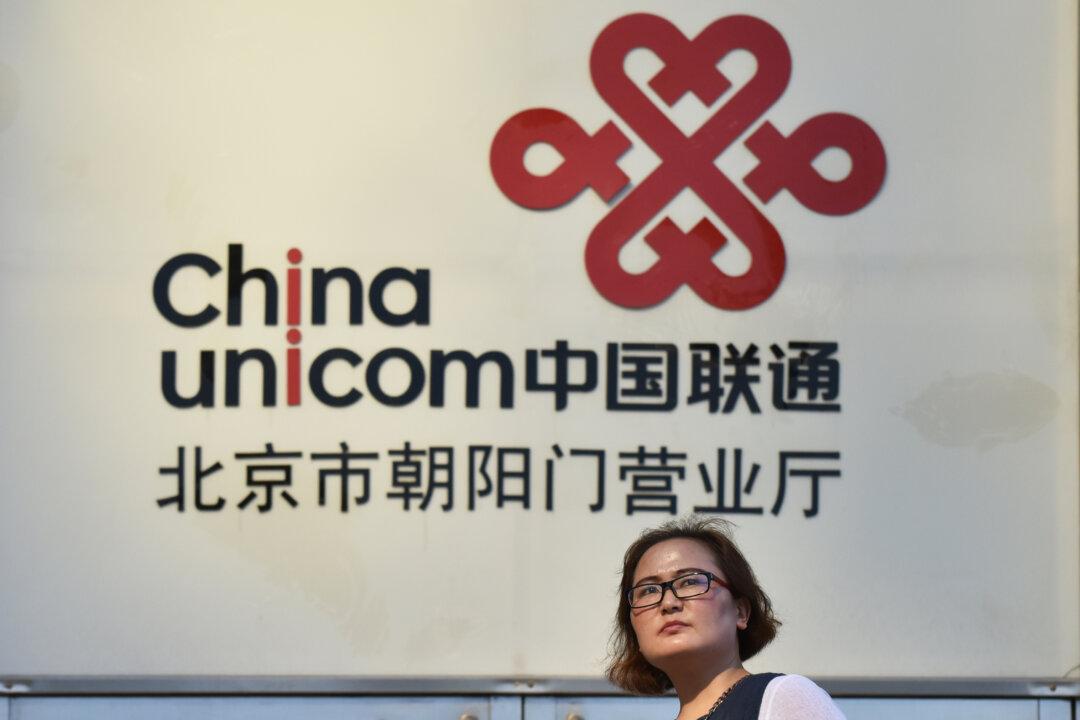The Federal Communications Commission (FCC) has threatened to bar three Chinese state-controlled telecom companies from operating in the United States, unless they can show they are free of influence from the Chinese regime.
The agency on April 24 issued “show cause orders” to China Telecom Americas, China Unicom Americas, Pacific Networks Corp, and its wholly-owned subsidiary ComNet (USA) LLC, directing them to explain why the FCC shouldn’t start the process of revoking their authorizations to operate in the country.





